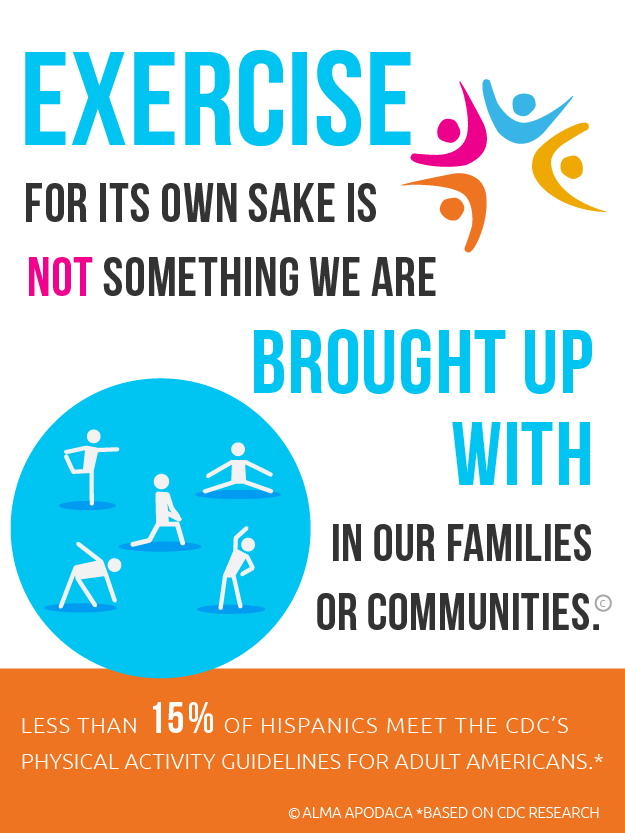
Stop Summer Learning Loss
05/30/2014 05:14PM | 8431 viewsBy June/July, most of the children in the US have closed the books for the school year. For some children, summer means camp, or family vacations. For teens, it could mean a job or internship. Perhaps it's just lazy days playing with friends. But just because children are not stuck behind desks doesn't mean they have to stop learning.
The fact is, learning doesn’t occur only in the classroom. Parents can provide their children with books and activities in and outside of the home. These books and activities reinforce lessons learned at school: music lessons, summer camp, clubs and sports aren’t merely fun for children. They provide opportunities to use the skills they have been taught in play or real-life situations.
After a summer of “hanging around,” these intellectually understimulated children have lost reading skills, while others have stayed the same or even made gains. Kids who are behind tend to dislike school and perform poorly. Teachers are frustrated because each fall, they have to spend precious classroom hours in reviewing last year’s material before going ahead.
If children spend the summer merely “hanging around,” studies show that summer learning loss equals at least one month of instruction. Summer loss is more pronounced for math facts and spelling than for other tested skill areas.[1] That might be because it's harder to work math enrichment into summer schedules than reading enrichment.
It's important, therefore, to consciously plan activities that seem like fun to kids while reinforcing number skills. What better way than some money games? Kids love to play games, and are fascinated by money: how to acquire it, how to hang onto it, and what to do with it once they've gotten it. Here are some ideas:
- Coin Games. Children learn very early on that money has value. Once they are old enough to handle small objects, teach them how much each coin is worth and do activities using the coins. Let kids feed parking meters and pay for small purchases in the store themselves.Have everyone in the family empty their change into a large jar so they can see the money accumulating. After a time, have everyone guess how much is in the jar, and then count it. Award prizes, of course!
- Play "Bank." Put a pile of coins in the middle of the table. By turns, roll a die and take that number of pennies from the pile. As you accumulate enough pennies, you can trade them in for nickels, dimes, or quarters. The first player to get one quarter wins the round.
- Make Coin Caterpillars. Gather a number of coins of all denominations. Lay a few out in a wavy row on a piece of paper. Draw legs and feelers on the paper to turn the row of coins into a cute caterpillar. Add up the value of the coins to see how much your caterpillar is worth. Or, assign each child an amount—say, 75 cents—and have them select coins adding up to that amount to form their caterpillar.
- Board games. In Monopoly, players buy, trade and develop property, and collect rent from their opponents. (The recent "Electronic Banking" edition uses debit cards instead of bills.) In The Game of Life, players work their way from college through retirement, paying out expenses along the way. In The Allowance® Game, players do chores, collect an allowance, then get to spend it. There are many other such games. The advantage of traditional board games is that they're multi-player, giving you an opportunity to play along with your children.
- Video Games, Online Games, and Apps. If kids are going to play games on their computers, phones, or other electronic devices—and most do—they might as well be learning something in the process. Many of the traditional board games, like those mentioned above, have online versions. MassMutual has developed Save! The Game, an app for the iPad and iPhone that teaches kids the difference between wants and needs. Disney has developed The Great Piggybank Adventure, which explores such financial concepts as goal setting, wise spending, diversification and the the effects of inflation. For middle- and high-schoolers, Visa has developed Financial Football, which teaches teens about personal finance using the rules and structure of the National Football League. Most of these games are free.
Make the Most of Your Summer “Down Time”
While your children take time to continue their learning, consider focusing part of your summer “down time” on your household’s finances. To learn more or access helpful materials, speak with a local financial professional or visit www.massmutual.com/family.
[1] Educational Information Resources Center. Summer Learning Loss: The Problem and Some Solutions. http://www.eric.ed.gov/PDFS/ED475391.pdf










Post your Comment
Please login or sign up to comment
Comments